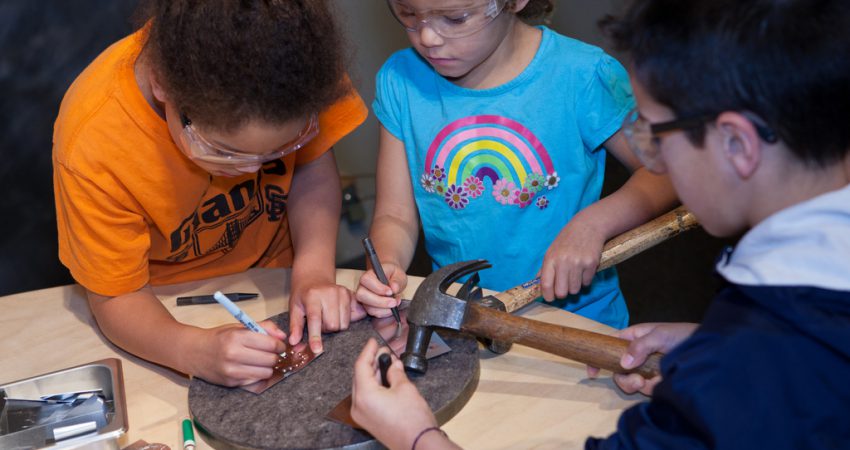
By Sara C. Heredia - October 2015
PAPER CITATION
Rodriguez, A. J. (2015). Managing institutional and sociocultural challenges through sociotransformative constructivism: A longitudinal case study of a high school science teacher. Journal of Research in Science Teaching, 52(4), 448–460. doi:10.1002/tea.21207
Many informal science education organizations provide professional development programs for K–12 teachers. As the profile of K–12 teachers continues to move toward higher proportions of teachers in their first five years of instruction, informal science educators may need to shift their programs to meet the particular needs of new teachers. Induction programs typically support new teachers in incorporating best practices as they navigate the new territory of running their own classrooms. However, few programs help new teachers learn to teach in schools whose populations come from socioeconomic or cultural backgrounds different from their own.
Research Design
This article reports on a case study of Gary, an Anglo science teacher in his first two years of teaching. Gary participated in a two-year induction program, including summer institutes and weekly classroom observations that focused on teaching in culturally diverse and economically disadvantaged schools. Gary took a semester-long methods course that engaged pre-service teachers in hands-on, minds-on culturally relevant science activities. He also participated in a special student-teacher assignment with a mentor teacher familiar with the pedagogy covered in the pre-service methods course.
Rodriguez engaged in critical ethnography in order to understand Gary’s professional growth over the course of the program.
Research Findings
Rodriguez focused on how Gary worked to implement culturally relevant and transformative science lessons in his classes.Culturally relevant activities are connected to students’ everyday lives. Transformative education gives students opportunities to reflect on how the knowledge they acquire has consequences for their lives.
In implementing culturally relevant and transformative science education, Gary encountered institutional and sociocultural dilemmas. Working through these challenges often surfaced new and related challenges. For example, Gary faced the institutional challenge that, in his view, the school’s curriculum was mono-cultural and content heavy. His response was to design his own curricular materials and purchase a lot of the supplies he needed himself. However, this tactic created new challenges, including lack of time to create these materials.
Gary also worked through the sociocultural challenge of other teachers’ low expectations of students. In an interview reflecting on his first year, Gary said that he did not challenge his students enough. He set a goal for himself to be more rigorous and set higher learning goals for his students. In the following academic year, he held students to higher expectations and incorporated a variety of culturally inclusive teaching strategies to support his students’ learning. In his second-year interview, he said that his students learned more than in the previous year.
Noticing that Gary was becoming a more effective and engaging teacher, the school administration gave him more responsibility. This development created yet another challenge, as Gary had less time to generate effective and engaging curriculum.
Theoretical Basis
Rodriguez uses a sociotransformative constructivist approach (Rodriguez, 1998) to inform his research. Sociotransformative science education highlights the importance of building trust between educator and student as they engage in authentic reflective activity; their identities and cultural backgrounds influence what they need to teach and learn. Students and teachers can then engage in transformative action as they use their acquired knowledge to create change in their communities.
To understand the challenges the teacher faced and how he worked through them, Rodriguez investigated the relationship between the school’s institutional structure and Gary’s agency in addressing its challenges.
Implications for Practice
The implications of this research are important for informal science educators who provide professional support for beginning science teachers. This research shows how such teachers need consistent material and conceptual support, especially if they are trying to implement transformative practices. The consistent support Gary received from his two-year program helped him to address new challenges that emerged as he worked through the initial structural issues he faced. Informal science educators might consider programming that gives new teachers opportunities to engage in reflective dialogue to articulate challenges they face and discuss ways to address them.




